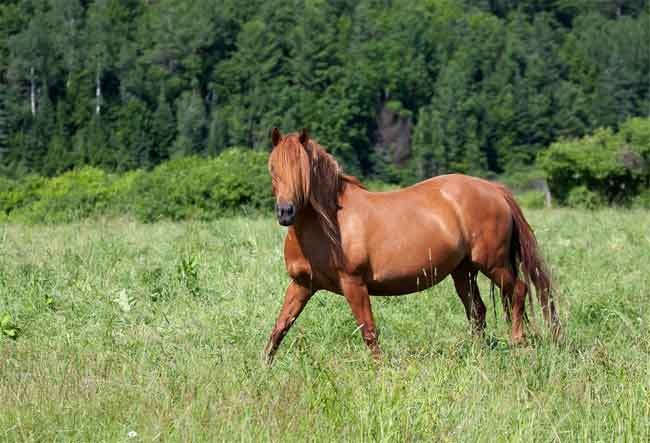The horse’s digestive tract is very different from that of a human. The way it’s set up prevents the animal from being able to burp or vomit. What goes in has to come out at the other end. This set up requires you to watch your horse’s feed closely.
Many states have regulations about hay, including the need to keep the fields clear of contaminates. Some plants that can show up in such fields can really do a lot of damage. The same goes for pastures, but the threat can extend beyond the pasture if there are trees around it that can drop leaves that the animals can reach, look at more info.

If you are going to inspect the field yourself, look at what’s in it and what’s around it. While some of the trees I’ll mention are not grown in all parts of the country, many are.
Avocado Trees: These trees contain a substance very toxic to horses and other animals. It acts on the heart and lactation. If your horse is nursing a foal, severe mastitis can result.
Peach Family: This family includes apples, plums, apricots, cherries and nectarines. With the exception of the fruit, these plants contain cyanide. That includes seeds, bark, leaves and roots.
Walnut: Juglone is one of the chemicals found in walnut trees. It’s toxic to all animals, including humans. It’s doubtful your horse would eat the leaves, as they don’t taste good. However, you may want to make sure there isn’t any in wood shaving type bedding.
Yellow Star Thistle: This is a nasty one. Most horses will avoid the plant unless there is nothing else to eat. However, the first bite can start a fatal addiction. The poison acts on the nervous system, causing what is known as “Chewing Disease.” Horses with this disorder literally starve to death, as they can no longer chew and swallow.
Aside from contaminates, you will want to watch your hay for mold. The spores can cause a respiratory problem similar to asthma, and it can be deadly. On top of that, moldy hay can get hot enough for spontaneous combustion.
While checking the hay prior to feeding may seem like a waste of time, hopefully you can see that it is necessary for the safety and wellbeing of your horse. If you notice consistent problems from one vendor, you may need to look around for another source. Should your own property be the source of feed, you may want to contact someone knowledgeable about pasturage to make sure there are no dangers in and around it.

